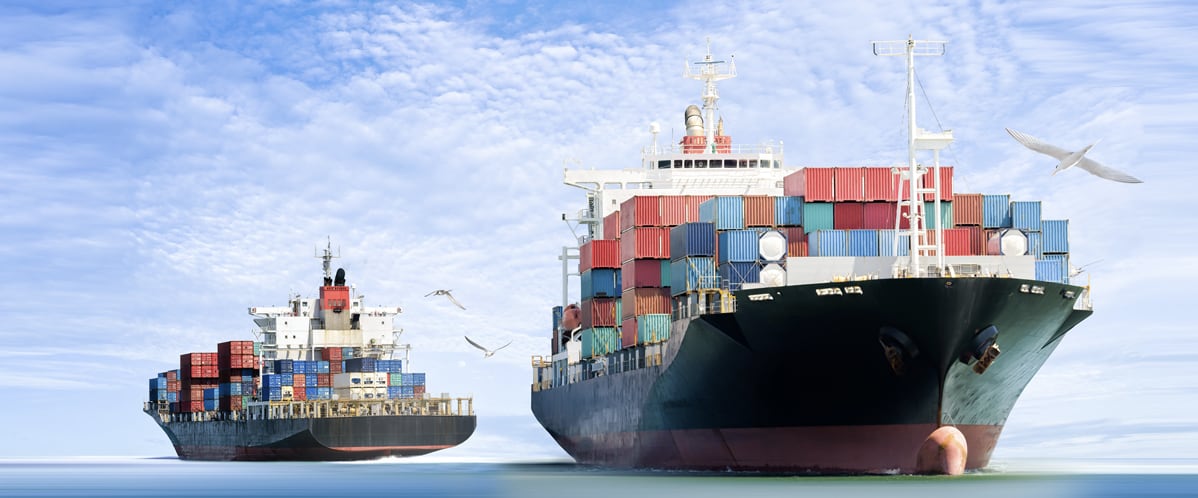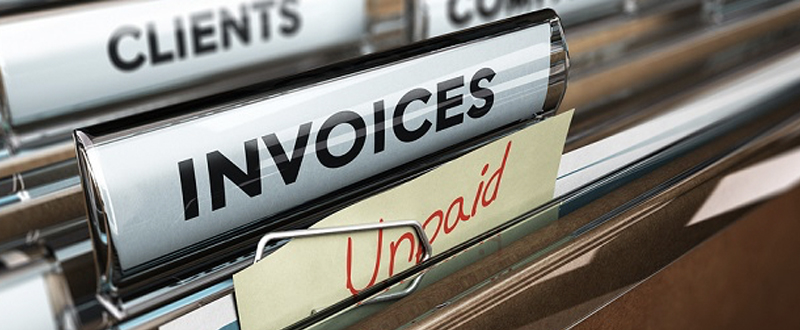In a search for trading partners and opportunities, Britain’s foreign secretary made Australia his first port of call recently. All smiles, he was keen to talk about the mutual advantages of free trade, but while Dominic Raab faces years of long-winded negotiations to develop new relationships with countries across the globe, international trade for companies does not need to be as difficult. Indeed, the benefits of importing and exporting are clear on a business level: accessing new markets, both as a buyer and a seller, is a huge catalyst for growth.
On a state level, the jury is still out. That’s why we’re happy to leave it to the politicians to bash out a deal. For Australian SMEs, the red tape is rarely an insurmountable barrier these days.
How Does Trading Overseas Benefit My Business?
There are two key advantages to overseas trade for Australian SMEs, particularly those in sectors such as manufacturing and wholesale:
1. You can often buy supplies cheaper abroad, or even outsource work. That does not mean that Australian suppliers and workers are uncompetitive – quite the opposite in fact. It is simply that a developed economy like Australia has high costs which mean its businesses need to concentrate on the high end of the value chain. Australian manufacturers, for instance, will typically carry out highly technical processes which involve proprietary techniques, skilled labour and mechanisation. If they require an input product that is labour intensive but low skilled, for example, they will likely be better off sourcing that from abroad than producing this product in-house.
2. The global marketplace is huge. If you are selling something which is high value; unusual; or which you can make highly desirable and differentiated through clever marketing, then you have a great chance to sell it successfully abroad. Even if you are looking mostly at developed markets, your potential buyer base will be many times greater. And Australian food produce, for example, is becoming very popular in vast developing markets like China.
What Stops SMEs from Importing and Exporting?
As the British are finding out, not every country is happy to allow free trade. This means that businesses face a varying amount of restrictions and red tape when they seek to buy or sell overseas.
Additionally, there are cultural, legal and language differences to overcome: how can the owner or sales manager of a medium-sized manufacturer, for example, be expected to find a wholesale buyer in China or Japan? Even if you do meet the right people and get along, which set of laws will your contract sit under?
Finally, there are the natural, physical barriers. While Australia is a relatively good place to be in terms of trade freedom and access to cultural diversity and international expertise, nobody would say it is close to many other countries. These long shipping times have an impact on cash flow.
One Simple Way to Overcome All Barriers to Trade
The British foreign secretary will be glad to hear there is an easy solution. Alas, we deal only with Australian SMEs.
The one-stop solution that can open your business to the world is called Trade Finance and takes two forms:
Export Finance is a form of business funding that gives sellers security of payment and dampens the cash flow impact of foreign sales. In fact, it turns the cash flow impact into a positive by offering payment up front – either on shipment or even on receipt of an order.
Import Finance is similar but in reverse: a good service provider will check an order is up to agreed standards and pay the supplier on dispatch, while giving the buyer at least until receipt of goods to pay.
Additionally, good Trade Finance packages feature help with introductions, languages and law; the provider can organise shipping logistics, including any paperwork and tariffs that need to be paid; and it can feature insurance against all foreseeable problems, as well as currency fluctuation.
In short, a good Trade Finance package removes almost all the barriers to trade. Sorry Britain, OptiPay ‘s Trade Finance is only for Australian SMEs.



